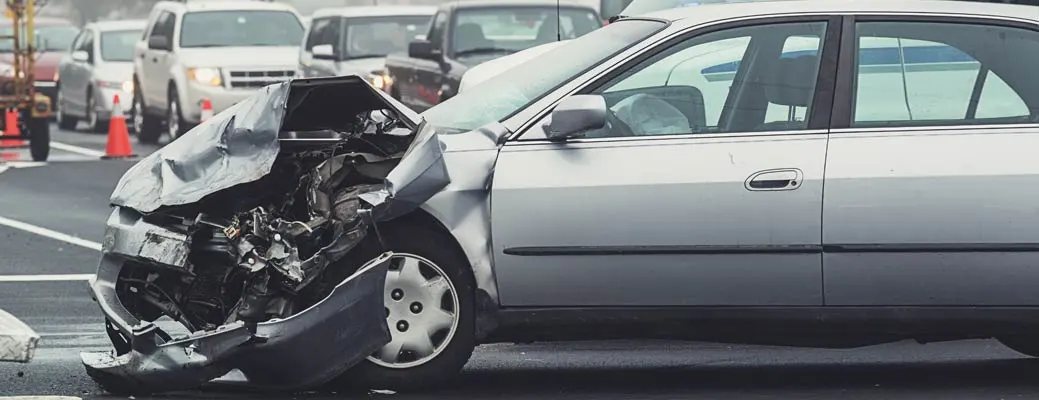My Car is Totaled. Now What?


There are many misconceptions about what determines if a vehicle is totaled. For instance, you may presume that your vehicle will be totaled only if the damage is severe. The truth is, even a minor automobile accident can leave you with a totaled vehicle. Generally, if the repair costs for your vehicle is greater than the value minus the salvage value, chances are your insurer will consider it totaled.
If your vehicle is deemed to be a total loss, your insurance company pays the claim based on the market value of the vehicle (minus any deductible) if your policy has the proper coverages. If the other driver was at fault, you can choose to file a claim with their insurance company.
If another driver is at fault, their insurance company settles the claim under their property damage liability coverage based on the value of your vehicle. If your vehicle is damaged in another way, your comprehensive or collision coverage will typically provide coverage. In some states, your policy may include uninsured or underinsured motorist property damage coverage, which can help if you get hit by a driver without sufficient types or amounts of insurance.
A payment will be sent to your lender for the actual cash value of the vehicle, minus any deductible. If you don’t have comprehensive or collision insurance, you will be left responsible for the balance left on your loan even though the vehicle may no longer be drivable. New vehicle owners or those leasing may want to opt for gap insurance, which provides coverage for the difference between what you owe on the vehicle or lease payments, and the vehicle’s actual value.
After you’ve alerted the police and followed the most immediate, necessary steps after an automobile accident, you should report your claim either by contacting your insurance agent or calling loss reporting phone number (add). Your agent can then start the claims submission process.
Your vehicle’s title can provide proof that you own your vehicle outright. If you don’t own your vehicle outright, you may need to provide your claim representative with the loan number and contact information of the company that your vehicle is financed or leased through. The insurance company is obligated to pay toward any outstanding loans first. If you owe anything beyond that, you will be responsible for paying the balance of the loan. It’s important to remember that total loss claims are not paid based on what you owe; claim payments are based on the actual cash value of your vehicle at the time of loss.
While your insurance company will help work out details, it may be helpful to do your own research to educate yourself on your vehicle’s market value. You may want to communicate to your claims representative any upgrades or improvements to your vehicle that could affect its value.
Communicate early and often with both your claims representative and your insurance company after your vehicle is totaled because odds are that paperwork will be involved. Your claims representative can help you with the next steps in the event your vehicle has been totaled. If you have a loan on the vehicle, they will work with the company that finances or leases your vehicle to obtain the title, as well as provide the necessary paperwork to transfer ownership of the vehicle to the insurance company.
If the accident is the fault of the other driver, their insurance company should pay the necessary damage amounts. However, if you’re hit by an uninsured driver, an underinsured driver, or the accident was determined to be your fault, you and your insurance company may be responsible for paying the resulting damages.
Do you have coverage when it counts? Talk to your local Farm Bureau agent to find out how our automobile coverage can help protect you and your vehicle from the bumps in life’s road.